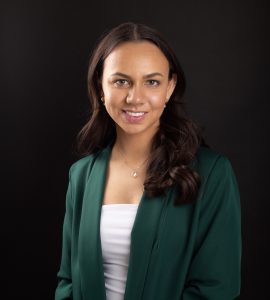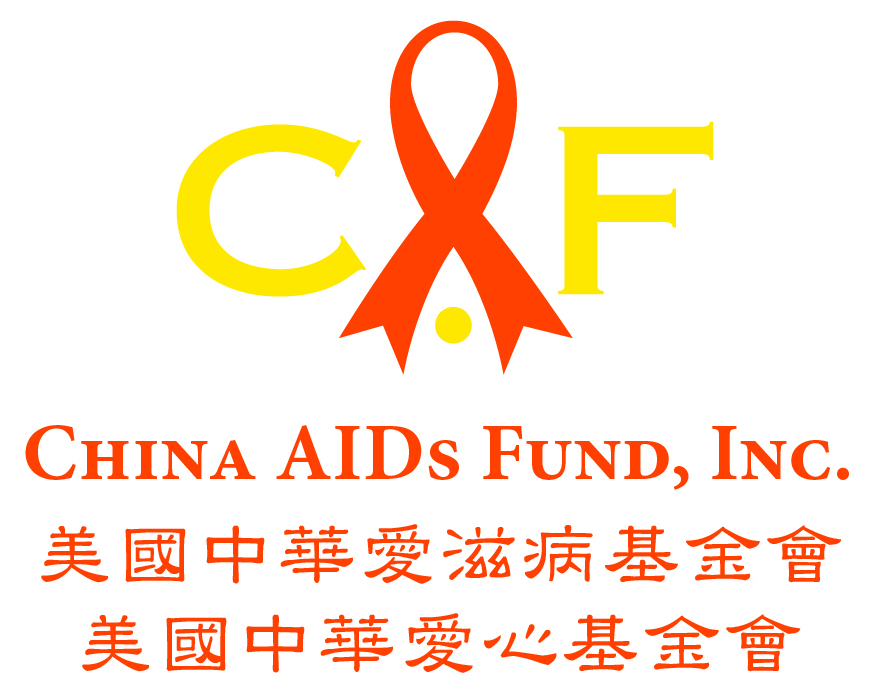AAYP 2016 Youth Ambassadors Scholarship

Kitri Sundaram
In the United States, if you are arrested and cannot afford a lawyer one will be provided for you. However, in many countries, poor people who are arrested are denied this fundamental right. While their countries’ constitutions often guarantee them the right to counsel, the criminal justice systems in many developing countries are so broken that criminal defense lawyers are rarely provided to the indigent accused.
My father, whose parents are from India, is a criminal defense lawyer. He defends people who are accused of federal crimes and cannot afford a lawyer. It was my father who originally sparked my passion for reform of the justice system in the United States and internationally.
This past summer, I had the opportunity to pursue my passion for reforming criminal justice through an internship at the International Legal Foundation (ILF), a nonprofit organization that is devoted to establishing public defender systems in post-conflict and transitional countries. The ILF has offices in Afghanistan, Nepal, Tunisia, and the West Bank. Through my internship I learned about innocent people in these countries who were arbitrarily arrested, uninformed about the charges being brought against them, detained for unreasonable amounts of time without a trial, and then either not provided with a lawyer or provided with one who was inexperienced and unknowledgeable. Growing up hearing the heartbreaking stories of my father’s clients and my internship at the ILF furthered my passion for reform.
However, I also believe that this passion is stronger because I am Asian American. As the child of a White mother and Indian father, I felt out of place in both the White and Indian communities. My childhood consisted of a blend of cultural interactions, from wearing saris at Indian weddings to hearing my Italian grandfather say “buon appetito” at meals. The pale skin and light eyes I inherited from my mother put other Indians at Bronx Science in disbelief at my Asian heritage, leading me to feel like I was not truly part of the Indian community. However, last July my grandmother took me to India, where I saw the neighborhood where she was raised and bonded with relatives I had never met. I now have a community halfway across the world, where I know I belong as much as I do in the White community. I often call my relatives in India through WhatsApp, and send them postcards from New York. Though we may dress, talk, and look differently, we are bound by the values and ties that connect us to the Indian community.
Finding my place in this community encouraged me to help Asians who have not been as fortunate as I have. Thus, I focused especially on the ILF’s program in Nepal. I felt a connection to the work the ILF was doing there, because of its proximity to India. What if the innocent people who would have spent years in jail if not for the ILF had been my relatives? I wrote a report on the international rights of prisoners, so that the ILF could petition the Nepal courts to end violations of Nepali prisoners’ international rights. I compiled the ILF’s Facebook posts on its work in Nepal, so that the posts could be added to a website to spread awareness about the situation in Nepal. Aside from doing everything in my power to help detained people in Nepal, I helped everyone whom I could through my internship. I researched the legal aid systems in Myanmar and Liberia, two countries in which the ILF is considering adding offices. I was horrified to find that in Myanmar a poor accused person is only provided with a lawyer if he or she may receive the death penalty. That system targets the poor by withholding representation from them, and leads innocent people to be thrown in jail because they cannot afford a lawyer.
I plan to continue my work with the ILF as I go through college, and to continue using my perspective as an Asian American to advocate for criminal justice reform in Asian countries. I hope to use this platform to rally both the Asian and White communities to help me fight for the world’s most vulnerable people.
